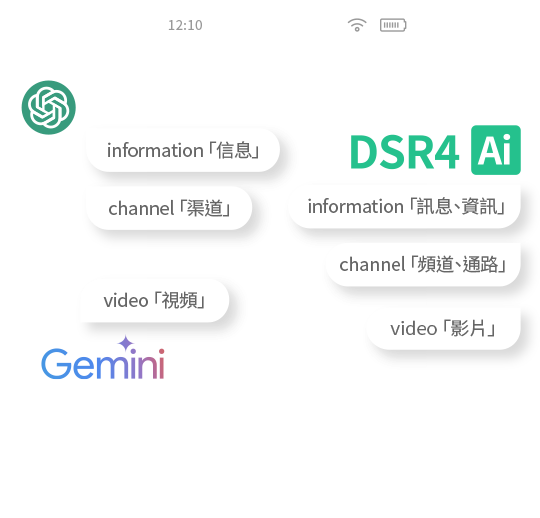Taiwan's Cultural Autonomy Under Siege as Chinese-Influenced AI Gains Ground

0
Number of files
0
M
Total number of words
0
Total file size (MB)
0
%
Progress
In Taiwan, "háng" (行, pronounced like "hong") means column and "liè" (列) means row, while in China, it's completely the opposite!
Taiwan and China have distinct knowledge systems and terminology. AI lacks local Taiwanese texts to understand the culture, relying on simplified Chinese documents instead. As AI prevails, Taiwan's culture and language face erosion. DSR4AI collects local texts as "Taiwan Textbooks" for global AI to learn about Taiwan.
Donate Documents
Welcome Taiwan text document donations. Review guidelines.
Register for upload, file management, publication notifications. Or upload unregistered.
Register for upload, file management, publication notifications. Or upload unregistered.
Unregistered = anonymous donation.
No file records. Can't manage/delete. No notifications.